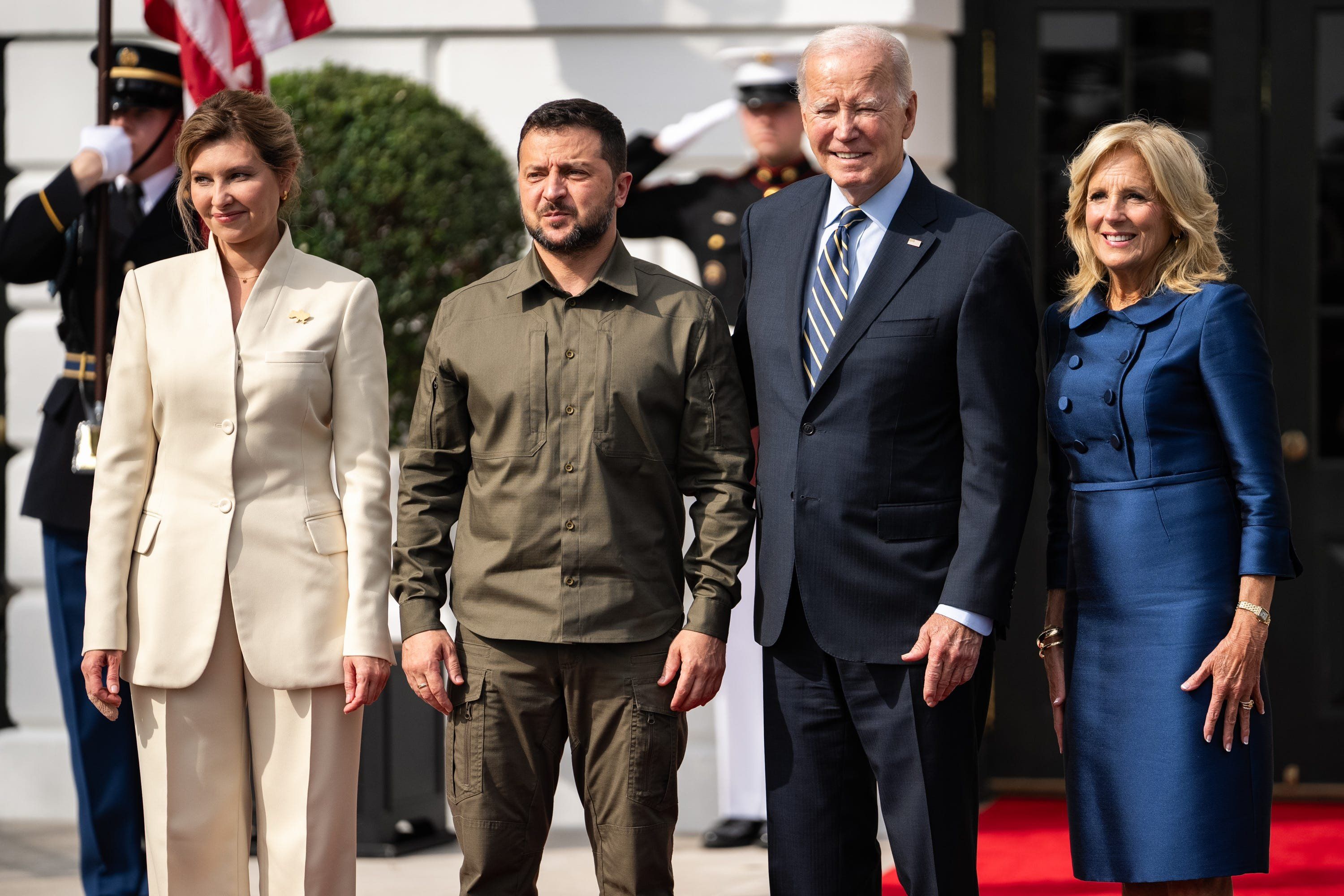Over the past 20 months, Joe Biden has framed US backing for Ukraine as, variously, a struggle for the future of freedom, as a deterrent against Chinese designs on Taiwan, and even as part of a fight to tame inflation.
But as polls show waning interest among US voters for sending weapons to Ukraine, the White House is taking a different tack: job creation?
The US has sent more than $40 billion in weapons to Kyiv, and last week the White House asked Congress for $60 billion more in Ukraine aid, about half of which would be for arms.
The Biden administration is now pushing lawmakers to make the case that this money boosts employment: After all, when Washington sends weapons to Ukraine, they’re made in US factories. Senate Minority Leader Mitch McConnell told Fox News that Ukraine aid had created jobs in 38 states.
Earlier this year, reports suggested that the US arms industry, which accounts for 10% of all US factory output, was having trouble finding enough labor to meet the surge in demand.
